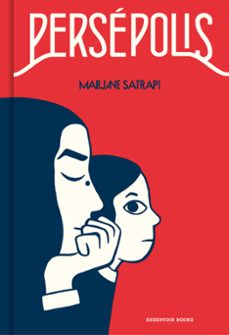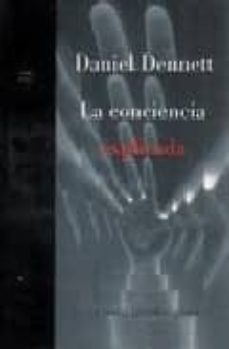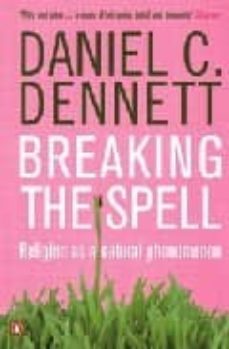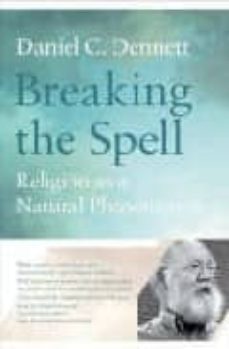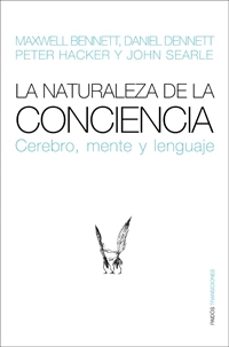Imprescindibles
Ficción
No Ficción
Ciencias y tecnología Biología Ciencias Ciencias naturales Divulgación científica Informática Ingeniería Matemáticas Medicina Salud y dietas Filología Biblioteconomía Estudios filológicos Estudios lingüísticos Estudios literarios Historia y crítica de la Literatura
Humanidades Autoayuda y espiritualidad Ciencias humanas Derecho Economía y Empresa Psicología y Pedagogía Filosofía Sociología Historia Arqueología Biografías Historia de España Historia Universal Historia por países
Infantil
Juvenil
#Jóvenes lectores Narrativa juvenil Clásicos adaptados Libros Wattpad Libros Booktok Libros de influencers Libros de Youtubers Libros Spicy Juveniles Libros LGTBIQ+ Temas sociales Libros ciencia ficción Libros de acción y aventura Cómic y manga juvenil Cómic juvenil Manga Shonen Manga Shojo Autores destacados Jennifer L. Armentrout Eloy Moreno Nerea Llanes Hannah Nicole Maehrer
Libros de fantasía Cozy Fantasy Dark academia Hadas y Fae Romantasy Royal Fantasy Urban Fantasy Vampiros y hombres lobo Otros Misterio y terror Cozy mistery Policiaca Spooky Terror Thriller y suspense Otros
Libros románticos y de amor Dark Romance Clean Romance Cowboy Romance Mafia y amor Romance dramatico Romcom libros Sport Romance Otros Clichés Enemies to Lovers Friends to Lovers Hermanastros Slow Burn Fake Dating Triángulo amoroso
Cómic y manga
Novela gráfica Novela gráfica americana Novela gráfica europea Novela gráfica de otros países Personajes, series y sagas Series y sagas Star Wars Superhéroes Cómics DC Cómics Marvel Cómics otros superhéroes Cómics Valiant
eBooks
Literatura Contemporánea Narrativa fantástica Novela de ciencia ficción Novela de terror Novela histórica Novela negra Novela romántica y erótica Juvenil Más de 13 años Más de 15 años Infantil eBooks infantiles
Humanidades Autoayuda y espiritualidad Ciencias humanas Economía y Empresa Psicología y Pedagogía Filosofía Historia Historia de España Historia Universal Arte Cine Música Historia del arte
Ciencia y tecnología Ciencias naturales Divulgación científica Medicina Salud y dietas Filología Estudios lingüísticos Estudios literarios Historia y crítica de la Literatura Estilo de vida Cocina Guías de viaje Ocio y deportes
Daniel Dennett
Recibe novedades de DANIEL DENNETT directamente en tu email
Filtros
Del 1 al 6 de 6
PAIDOS IBERICA 9788449301704
Detallada investigación sobre la conciencia humana, el presente libro, uno de los más originales ensayos de los últimos tiempos, refuta la teoría tradicional de la conciencia basada en el sentido comun y presenta un nuevo modelo fundamentado en una ingente cantidad de datos, tomados a su vez de campos tan diversos como la neurociencia, la psicologia, la filosofia y la inteligencia articifial. La vision de Dennett sobre el tema, asi, es antiintuitiva pero convincente, y, como en toda teoria revolucionaria, su fuerza y su capacidad para sorprender aparecen intimamente relacionadas. El resultado es un util y accesible recorrido por el campo de la filosofia de la mente a partir del cual nuestras actuales teorias sobre la vida consciente -de las personas, de los animales e incluso de los robots- puede que se vean profundamente afectadas por nuevas y fascinantes perspectivas. Sin duda uno de los mejores ejemplos de libro cientifico dirigido tanto a profesionales como a lectores no especializados, La conciencia explicada constituye finalmente un trabajo filosofico de la mejor especie: sencillo, pero sin caer en la trivialidad; bien documentado, pero sin abrumar con un exceso de informacion. Como ha dicho Howard Gardner, "una notable reflexion sobre la conciencia? a cargo de uno de nuestros mas sobresalientes pensadores".
Ver más
Tapa blanda
PENGUIN 9780141017778
Breaking the Spell is Daniel Dennett's most innovative and important work yet; it offers a profound challenge to society and a compelling new history of belief. In this provocative and timely book, Dennett seeks to uncover the origins of religion, and discusses why and how different faiths have commanded allegiance and shaped so many lives. He argues passionately for the need to understand this phenomenon and offers a truly original and comprehensive explanation for religion. What was the psychological and cultural soil in which it first took root? How did it evolve? Is it the product of blind evolutionary instinct or of rational choice? Dennett shows how these ideas could have spread from individual superstitions, via shamanism and the early `wild' strains of religion to today's institutionalized systems. Dennett brings religion into the realm of real public debate - and, in so doing, he breaks the spell.
Ver más
Tapa blanda
ALLEN LANE THE PENGUIN PRESS 9780713997897
Breaking the Spell is Daniel Dennett's most innovative and important work yet; it offers a profound challenge to society and a compelling new history of belief. Few forces in the world are as potent as religion: it comforts people in their suffering and inspires them to both magnificent and terrible deeds. In this provocative and timely book, Dennett seeks to uncover the origins of this power, and discusses why and how different faiths have commanded allegiance and shaped so many lives. He does not contest these beliefs. Rather, he argues passionately for the need to understand this multifaceted phenomenon, and he offers a truly original and comprehensive explanation for religion. What was the psychological and cultural soil in which it first took root? How did it evolve? Is it the product of blind evolutionary instinct or of rational choice? Dennett shows how these ideas could have spread from individual superstitions, via shamanism and the early wild' strains of religion to today's institutionalized systems. Dennett's extraordinary achievement is to weave such a richly detailed narrative, to imagine it so vividly, and to argue for it so forcefully.
Ver más
Tapa dura
Katz editores 9788493518769
Desde que Daniel Dennett publicó su influyente obra ’La conciencia explicada’, en 1991, la investigación científica sobre la conciencia se ha convertido en un campo de batalla entre teorías rivales,
Ver más
Tapa blanda
Ediciones Paidós 9788449321320
Un apasionado debate sobre un amplio abanico de cuestiones fundamentales de neurociencia y filosofía. Esta obra recoge el provocativo debate entre tres destacados filósofos y uno de los principales neurocientificos contemporaneos sobre los supuestos conceptuales de la neurociencia cognitiva. El libro se inicia con un pasaje de Philosophical Foundations of Neuroscience, de Maxwell Bennett y Peter Hacker, texto en el que se cuestionan los planteamientos de los neurocientificos cognitivos y, a continuacion, Daniel Dennett y John Searle expresan sus discrepancias con la postura de los anteriores. Por ultimo, Bennett y Hacker exponen sus argumentos contra estas criticas. - De manera clara y atractiva, los autores ponen al alcance del lector interesado las distintas concepciones del metodo filosofico y de la explicacion neurocientifica y cognitiva y de la naturaleza humana.
Ver más
Tapa blanda
Del 1 al 6 de 6















